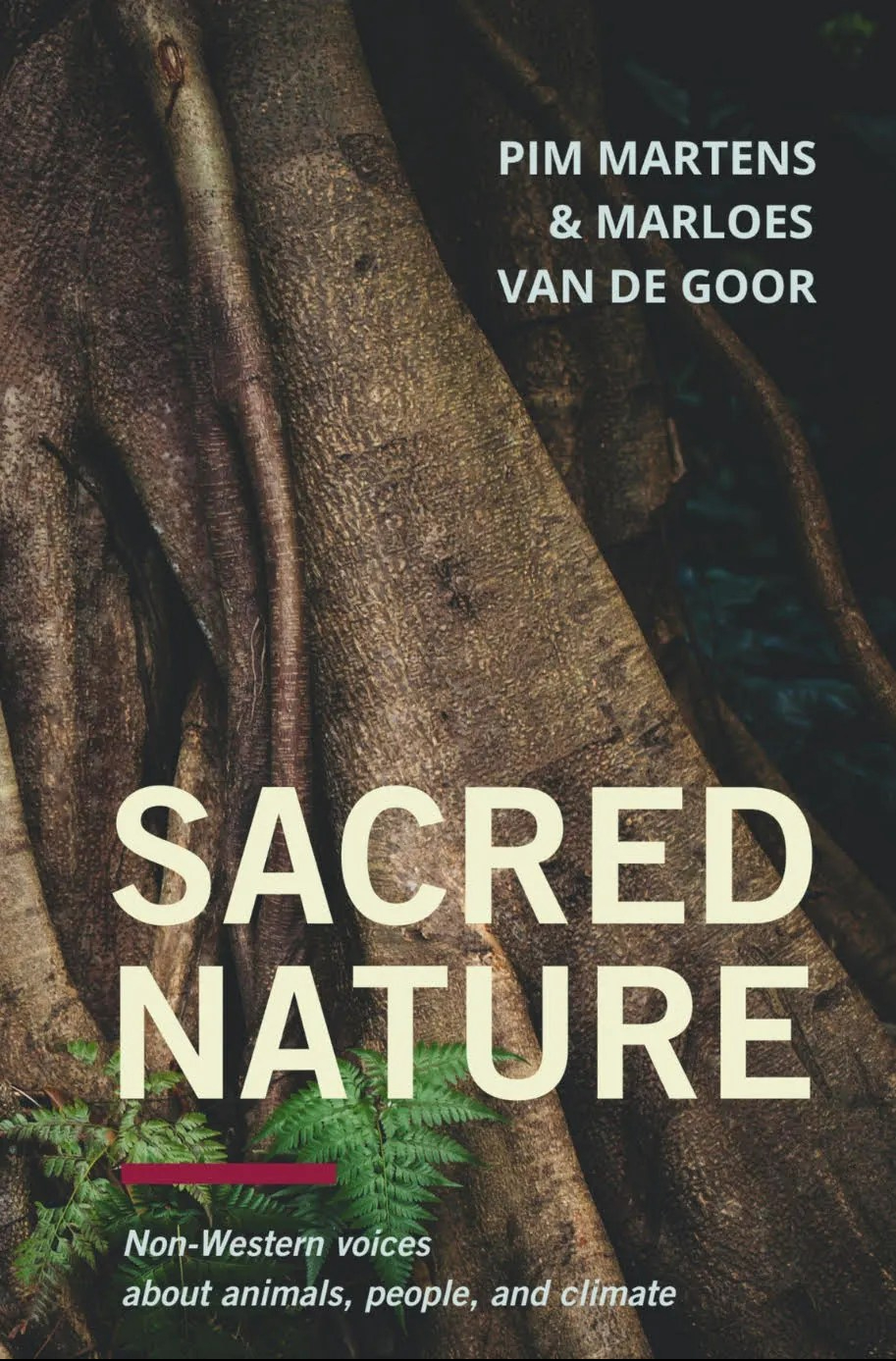Animals—specifically, beliefs and attitudes towards them—have a central role within the field of human-animal relationships, animal welfare, ecological belief and sustainability. However, there are limited studies on the relationship between religious belief and public attitudes toward animals, and the role religion plays regarding attitudes towards animals is as yet still unclear.
This study explores the relationship between individuals’ acceptability for harming animals as one representation of ecological concern (measured using Animal Issue Scale (AIS)) and their religious belief (measured using Religious Orientation Scale (ROS)) and ethical ideology (measured using Ethical Position Questionnaire (EPQ)). The study surveyed 929 Muslim teachers and school staff in East Java, Indonesia.
The present study highlights the significant relationship between religious orientation and relativism to AIS. Regarding relativism, the results imply that individuals who believe in a universal governing moral principle are more likely to have a higher awareness of animal protection, and, therefore, a lower acceptability toward harming animals. For religious orientation, results imply that individuals who have deep personal religious belief and commitment to their religion would likely have a low acceptability for harming animals. However, when people have extra ulterior motives of for pursuing social gain, status, affiliation, or membership with their religious activities participation, it would be more likely that they have a higher acceptability for harming animals. Thus, the present study not only supports previous findings, but also contributes to addressing religious orientation as a significant variable closely related to attitudes towards animals.
In addition, the present study extends the potential for animal protection awareness to reach broader platforms, for example, in the case where religious values and institutions could serve as motivational platforms. Finally, as this is the first paper to investigate how both religious orientation and ethical ideology relates to animal protection, other research focusing on specific animals such as companion animals, carnivores, or animals important to maintaining ecosystem health for environmental sustainability, may be introduced as focal points in religious studies and related platforms.
Read the full paper here: Pasaribu, D., Martens, P. & Takwin, B. (2021). Do religious beliefs influence concerns for animal welfare? The role of religious orientation and ethical ideologies in attitudes toward animal protection amongst Muslim teachers and school staff in East Java, Indonesia. PLoS ONE, 16(7).





